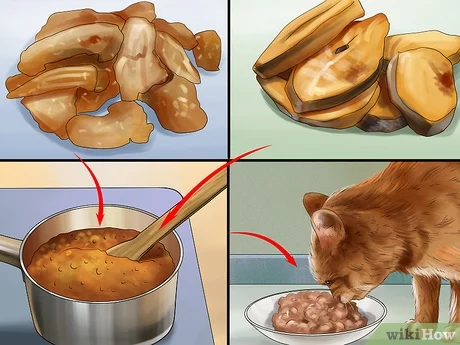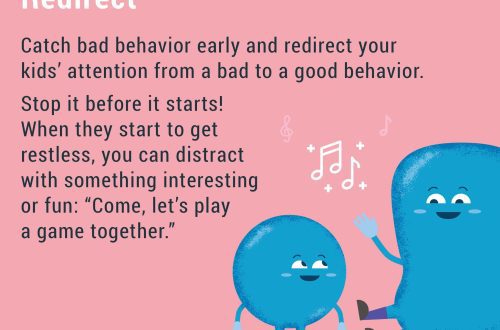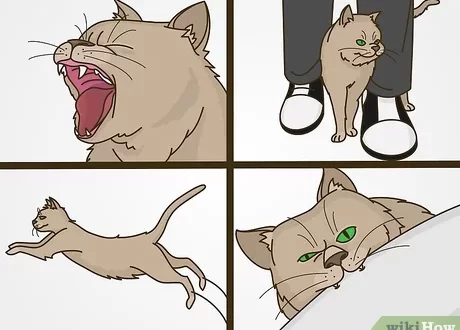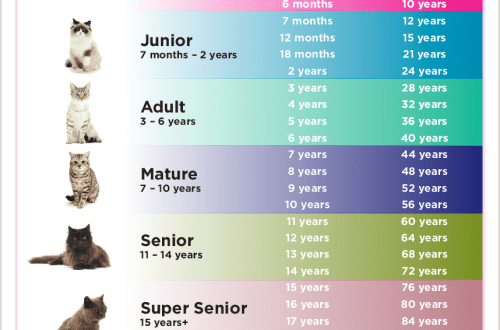
Food recommendations for pregnant and lactating cats
Healthy nutrition of a cat is crucial during her pregnancy and lactation. Improper nutrition can cause kittens to be underweight at birth and put them at risk of developing certain diseases, which will reduce their survival rate.1 Our goal is to provide optimal nutrition for both the mother and her kittens. Here are the top nutritional priorities:
- An increase in calories so that the kittens grow harmoniously, and the mother produces enough milk.
- More protein for the growth and development of kittens.
- More fat to meet the mother’s high caloric needs.
- More calcium and phosphorus for bone growth in kittens and increased milk production in the mother.
- High digestibility to provide more calories in less food.
Contents
- Key questions and answers about nutritional priorities for cats during pregnancy.
- Why is increasing calories and fat so important?
- What is digestibility and why is it so important?
- What should I feed my pregnant or lactating cat?
- Science Plan products formulated for pregnant or lactating cats:
- How should these foods be given to pregnant or lactating cats?
- How long does pregnancy last in cats?
- When to transfer kittens to self-feeding?
- Primary tasks of caring for a kitten.
Key questions and answers about nutritional priorities for cats during pregnancy.
Why is increasing calories and fat so important?
Increasing calories and fat is important because pregnant and lactating cats have an extremely high energy requirement. Feeding (lactation) is the stage in a cat’s life that requires the most calories. During the feeding period in an adult healthy cat, the need for energy increases by 2-6 times.
What is digestibility and why is it so important?
Digestibility is a measure of how much of the food eaten is actually digested by the cat’s body. Good digestibility is important because energy requirements are very high and there is physically less room in a pregnant cat’s belly.
What should I feed my pregnant or lactating cat?
It is extremely important to provide a pregnant or lactating cat with food that can meet her increased needs. We recommend that you start giving your cat Hill’s Science Plan Kitten Food as soon as you discover she is pregnant. These foods are rich in essential nutrients and support the development of kittens in the womb. It is always best to consult a veterinarian for nutritional advice for your pregnant or lactating cat.
Science Plan products formulated for pregnant or lactating cats:
Canned food and spiders for kittens
How should these foods be given to pregnant or lactating cats?
- Pregnant cats: give the amount indicated on the package. Continue to feed your cat kitten food until weaning.
- Lactating cats: after the birth of kittens, food should be constantly available to their mother. This will help to get the kittens used to their normal diet and provide the cat with the energy-dense food she needs during this period of her life.
How long does pregnancy last in cats?
Typically, pregnancy lasts an average of 63–65 days.2 We recommend that you visit your veterinarian weekly while your cat is pregnant and nursing kittens to assess her weight and food intake. Please speak with your veterinarian to find out how often your cat should be examined during pregnancy and after kittens are born.
When to transfer kittens to self-feeding?
Weaning from the mother is usually gradual. Most kittens start eating solid food at 3-4 weeks of age. Weaning of kittens from a cat should be completed at the age of 6-10 weeks.3
Primary tasks of caring for a kitten.
It is recommended to record the weight, stool, development and activity of the kitten every 1-2 days (especially in the first two weeks of life)4 and get regular checkups with a veterinarian.
1 Small Animal Clinical Nutrition, 4th Edition. Reproducing Cats; Pregnancy p. 321 2 Small Animal Clinical Nutrition, 4th Edition. Reproducing Cats; Assessment p. 321 3 Small Animal Clinical Nutrition, 4th Edition. Reproducing Cats; Weaning; p. 328 4 Small Animal Clinical Nutrition, 4th Edition. Growing Kittens; p.329





